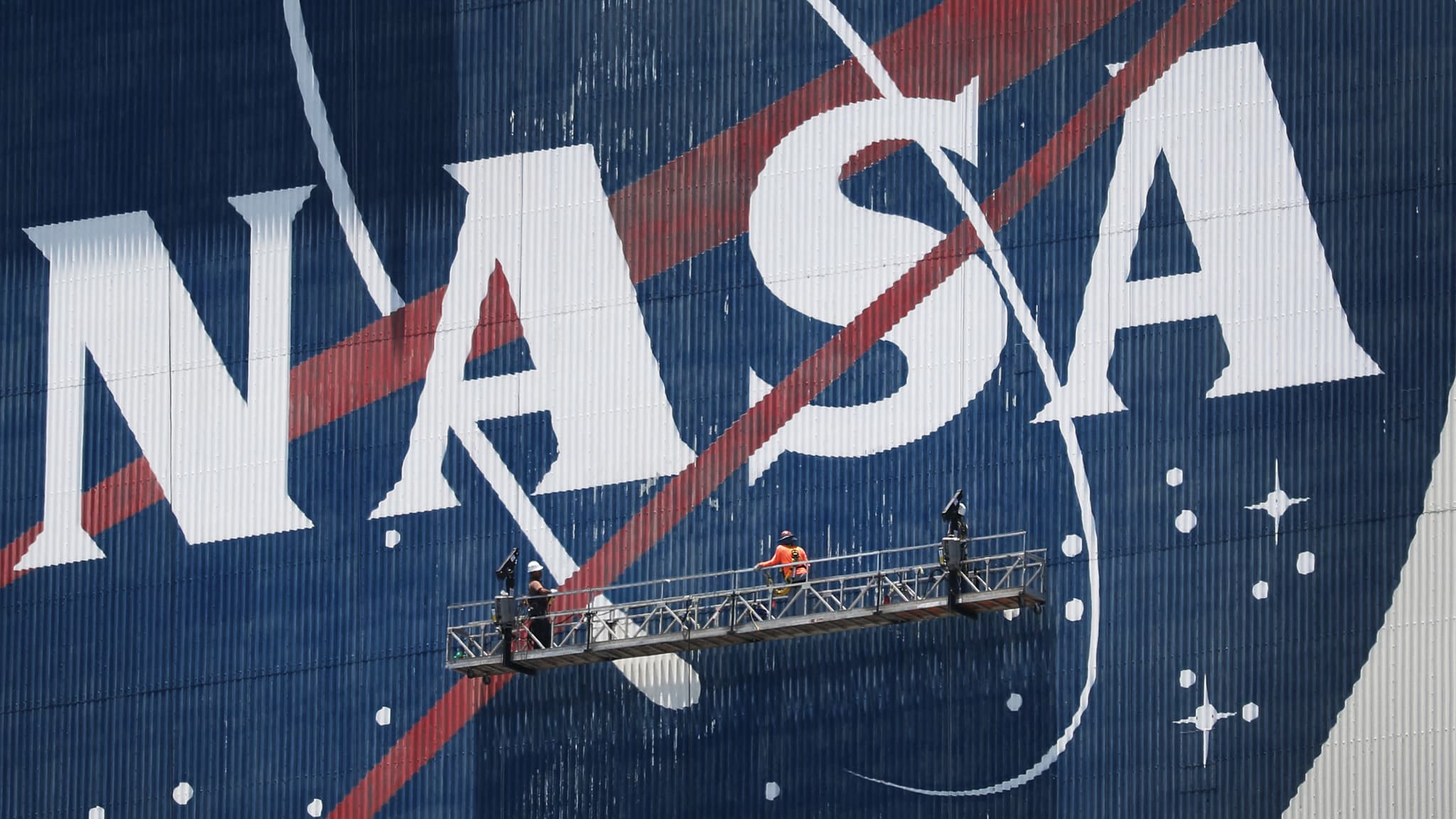
NASA held its first public meeting on the study of UFOs
Experts dispatched by NASA for the first time worked on the issue of UFOs on Wednesday, while a report should be published before the summer.
At an unusual public meeting in Washington, a panel of experts commissioned by NASA to look into the sensitive issue of UFOs on Wednesday concluded the need to collect more data to be able to explain these phenomena in the future.
“Existing data and witness accounts are insufficient to provide conclusive evidence of the nature and origin of each event,” said David Spergel, the astrophysicist responsible for heading up this work. “We need high-quality data.”
A report should be published during the summer, which should detail how to get there.
800 unknown weather phenomena
NASA announced the launch of this work last year, and in October it hired no fewer than 16 experts to carry it out. Among them, notable scientists, but also officials from the US Civil Aviation Authority (FAA), or even former astronaut Scott Kelly.
Its purpose is not to review “unidentified anomalies” – the official term used – in an attempt to explain events observed in the past one by one. It is to make recommendations to NASA on how to study it thoroughly in the future.
About 800 unknown atmospheric phenomena have been collected so far, said Sean Kirkpatrick, director of the Defense Department’s dedicated office for this question (AARO).
But “maybe between 2% and 5%” is just “really abnormal,” he said.
NASA said on Wednesday that the issue is very serious: It’s about national security and air traffic security. But it also sparks strong interest because of the term UFO, which pretty much denotes.
“At this time, we do not have explicit data indicating a relationship between unidentified anomalies and extraterrestrial life,” said David Grinspoon, a member of the expert panel.
NASA Associate Administrator Nicola Fox opened the session by denouncing the online harassment of panelists.
The meeting, which lasted several hours on Wednesday, was broadcast live on the Internet, part of it was devoted to questions from the audience, and it was presented in advance online.
The US space agency has highlighted this transparency, underlining the need to “de-stigmatize” the subject.
The most important items

“Unapologetic pop culture trailblazer. Freelance troublemaker. Food guru. Alcohol fanatic. Gamer. Explorer. Thinker.”
